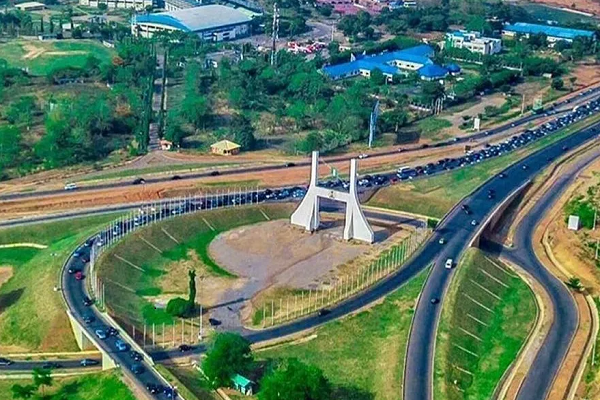The Federal Capital Territory Administration (FCTA) has pinpointed Bwari, Kuje, and Abaji as the area councils most severely affected by kidnapping, according to Ebele Molokwu, the Director of Administration and Finance at the FCTA Security Services Department.
Molokwu revealed this information during the end-of-year media briefing on the department’s activities.
She emphasized that these councils, situated near states known for kidnapping activities, have experienced a higher frequency of major kidnapping incidents. Although there are occasional isolated cases in other area councils, the focus remains on addressing the challenges posed by these specific regions.
Molokwu highlighted the geographical proximity of Bwari, Kuje, and Abaji to states with a notorious reputation for kidnapping. Bandits, after perpetrating kidnapping acts in the territory, often retreat to these neighbouring states, creating a complex security scenario.
The Administration, Molokwu asserted, is unwavering in its commitment to combating both kidnapping and “one chance” syndicates within the territory. “One chance” refers to a criminal scheme where unsuspecting victims are taken hostage, typically in a vehicle, and robbed before being released.
In addressing these security challenges, Adamu Gwary, the Director of the Department, outlined the restructuring of the security committee into two components: kinetic and non-kinetic. The kinetic aspect involves core security agencies, while the non-kinetic component incorporates traditional rulers and other relevant stakeholders.
Gwary explained that traditional rulers are now actively involved in the non-kinetic approach, where district heads regularly convene with village heads. The decisions reached in these meetings are then conveyed to the graded chiefs through the Ona of Abaji, enhancing collaboration between traditional leadership and security efforts in the region.

